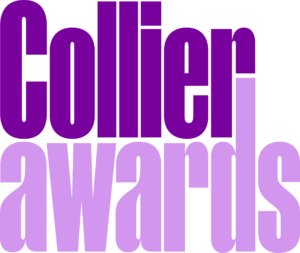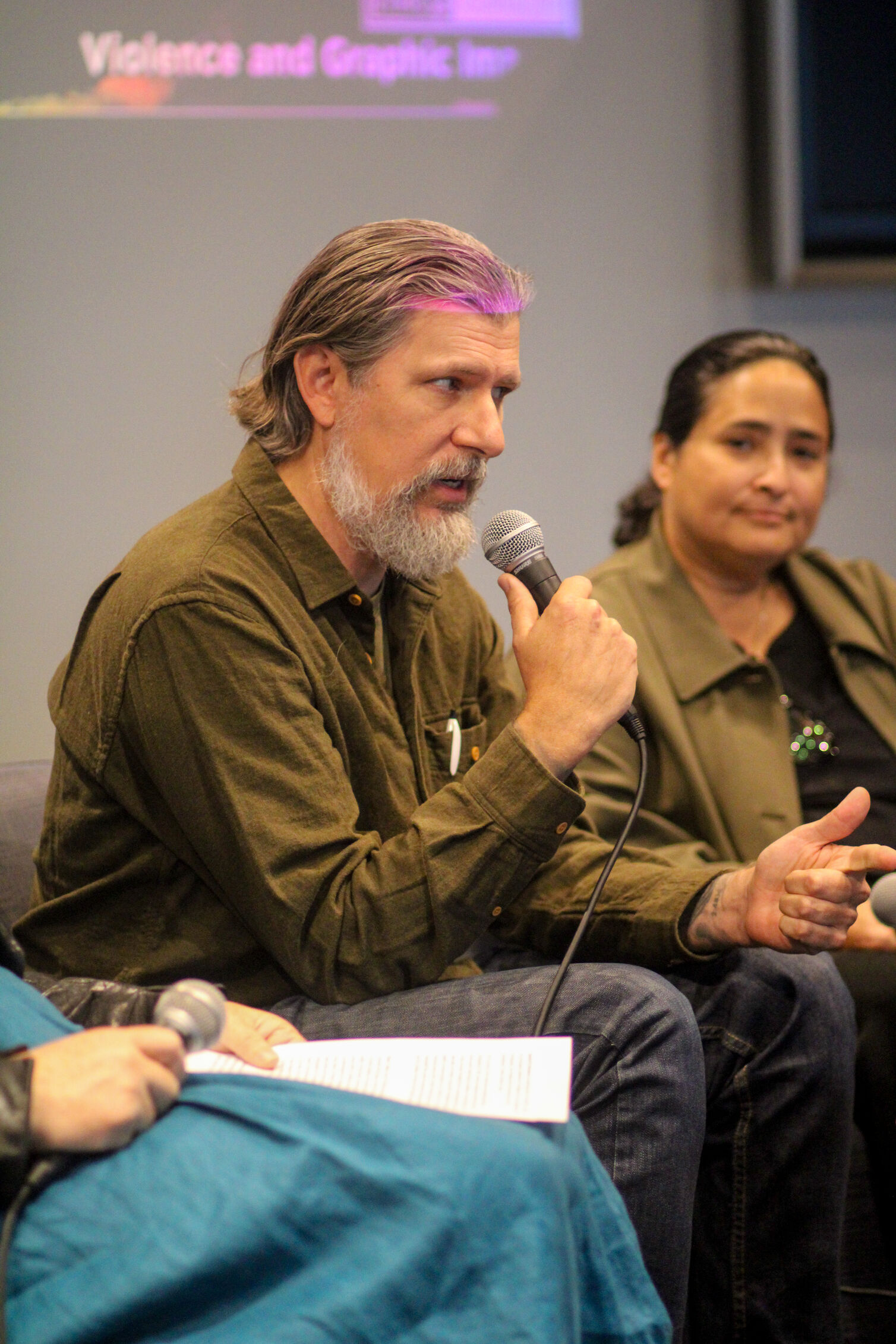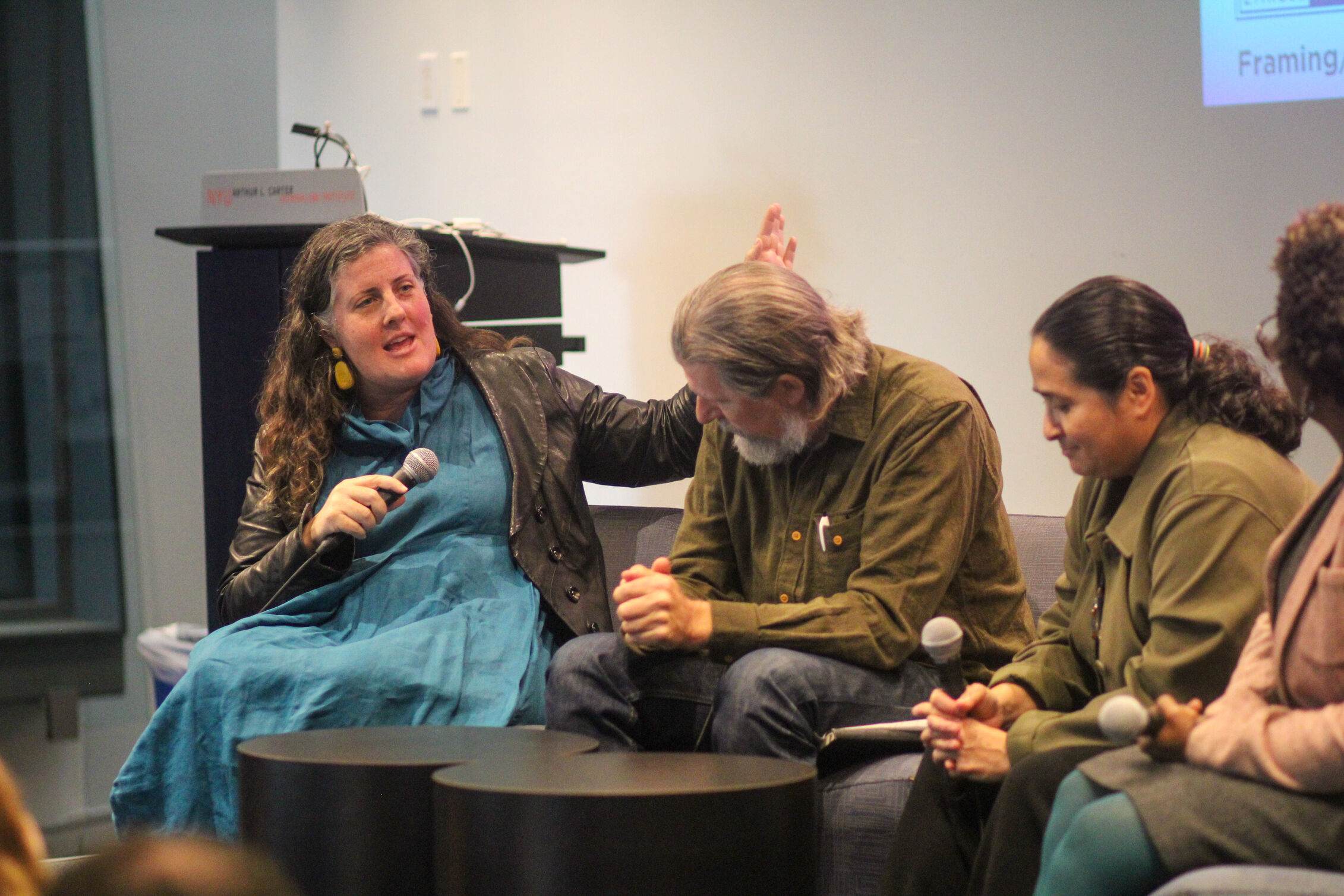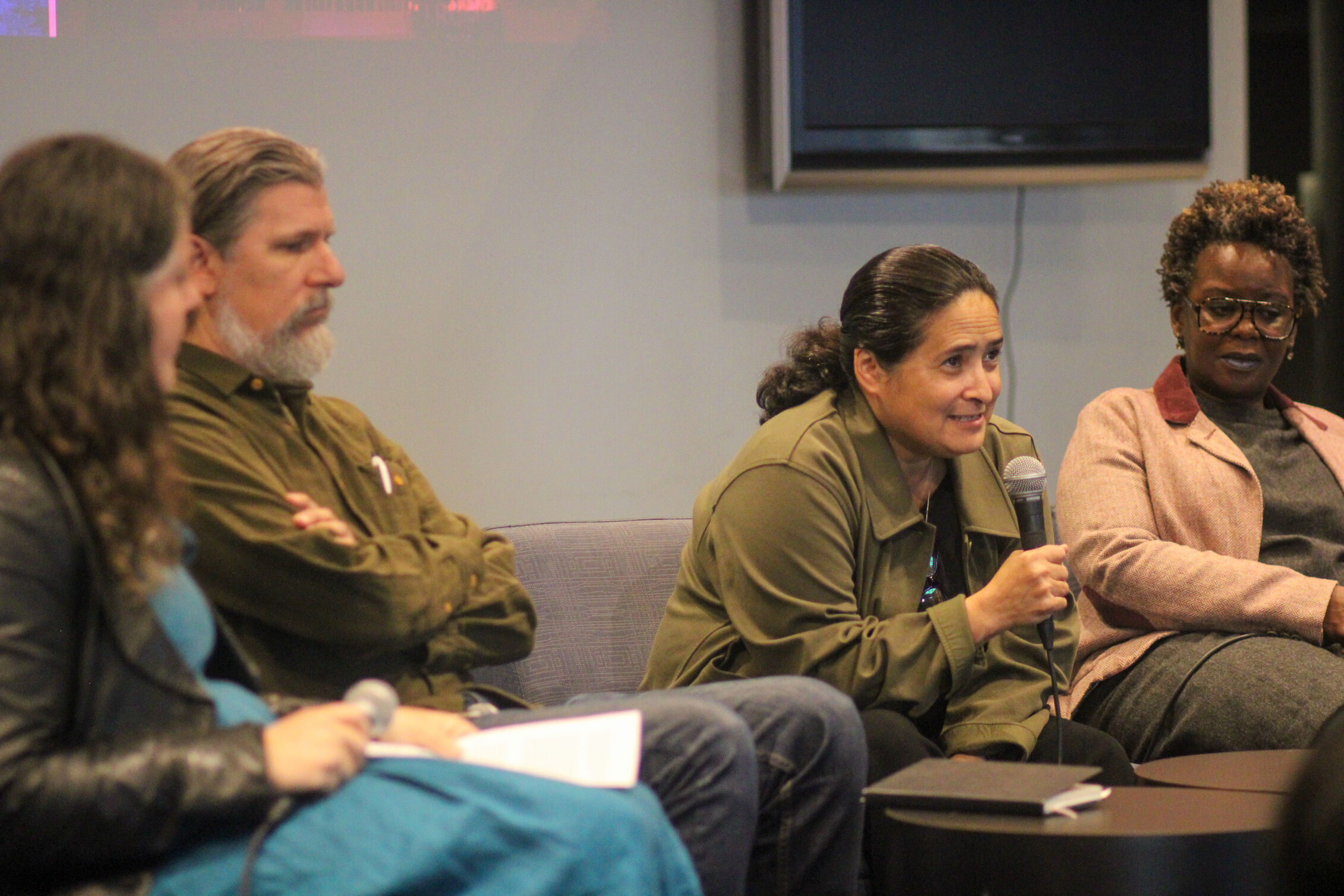December 19, 2024
Looking Back/Looking Ahead, Inaugural Collier Award Submissions, Photojournalism Ethics, Immigration Reporting Under Trump

In our first edition of this newsletter, we promised to explore what’s happening in the world of journalism ethics, to identify what’s working and what’s not, and to suggest how we as journalists can do better. The year’s extraordinary challenges gave us plenty to ponder and discuss. The Ethics and Journalism Initiative was also fortunate to attract additional support that will enable us to expand our ability to offer ethics workshops, events, mentoring, and newsroom training in the coming year.
There were certainly many ethics lessons learned in 2024 but none more essential than this: We need to report deeply and fearlessly (as well as accurately and fairly, of course) regardless of our politics or where our reporting may lead us. If we yield to intimidation of any sort, whether from our sources, peers, media owners, funders, or those who wish us harm, we are destroying our reason for being and squandering any opportunity to generate trust.
Covering President-elect Donald Trump’s cabinet picks and the specifics of his transition requires a clear eye and rigorous digging so much more than it requires speculation and editorializing. It’s the reporting that distinguishes us, not the pontificating. Earlier in 2024, we needed to, but mostly failed, to report deeply on the mounting evidence over the past year that President Biden was showing signs of reduced capacity. How could we not have done the reporting necessary to discover the state of his health and his ability to manage the responsibilities of the most powerful job on earth? The consequences of this failure were less public knowledge on a matter of utmost consequence and, more practically, a truncated Democratic campaign that suffered from the lack of a mandate from primary voters.
We speculated and predicted endlessly in 2024 – about who was going to win the election, mostly, and now about exactly what is going to happen in the next administration. It would be so much better, more ethical – and much harder work – to report on exactly what is happening instead of what might happen.
A recent example of rampant but mostly unilluminating speculation concerns why ABC News settled Trump’s libel suit against George Stephanopoulos and the network. The near-identical guessing game over several days from multiple outlets prompted Dick Tofel to write in CJR: “The decision to settle has been greeted by a lot of commentary, but almost no reporting of new facts. Understandably, that’s generated a good deal of hand-wringing about corporations “bending a knee” or gloating about the humbling of legacy media or an arrogant press getting its comeuppance. But such speculation does little to explain what happened.”
Shortly thereafter, The New York Times (and then others) provided an explanation via actual reporting that tapped sources with direct knowledge of the events. I would have been happy to have skipped the earlier frenzy.
A great resolution for 2025, one that will be difficult and maybe even dangerous at times to keep, is to do our intended job: reporting honestly, deeply and fearlessly – without empty speculation and predictions – so that our audiences have the knowledge they need to make informed decisions in their personal, professional, and civic lives.
Submissions are officially closed for the 2024-2025 cycle of the Collier Awards for Ethics in Journalism, and we are heartened by the overwhelming response to this new award that places ethical decision-making and humility at its core.
We received submissions from outlets in 25 states, from new nonprofit newsrooms and campus publications to established national outlets and local public radio stations. Next, submissions will be handed over to our judging panel made up of leading voices from across the news landscape.
And don’t forget to mark your calendars: The inaugural Collier Awards Ceremony will take place at the Paley Center in Manhattan on April 10, 2025, and will feature conversations with award winners, judges, and other journalists and media commentators. You won’t want to miss it!
The Ethics & Journalism Initiative is celebrating one full year of operations! We are so proud to be part of a diverse community that shares the belief that practicing journalism at the highest ethical level serves the public interest. Here’s just some of the work we did this past year:
- Curated in-person panel discussions and hands-on workshops on urgent ethical issues facing journalists, including deciding whether to publish hacked materials, determining how to cover immigration effectively and ethically, evaluating whether to lend assistance when covering medical emergencies, weighing when and how to shoot and publish the most sensitive photojournalism, and balancing sources’ privacy against the need to inform the public. If you weren’t able to attend these events in-person, head to the Events page on our website for event recaps, videos, and more.
- Launched the Collier Award for Ethics in Journalism, which celebrates acts of journalism by student and professional journalists that meet the highest ethical standards in the face of pressure or incentives to do otherwise.
- Published guest columns from veteran journalists and leading voices in journalism commentary. Some highlights: Reuters investigative reporter Dan Levine on the importance of transparency with sources, former ProPublica president Dick Tofel on source motivation, and Semafor Executive Editor Gina Chua on the risks of false equivalencies.
- Collated ethics codes from across the industry and interviewed their authors to help demystify newsrooms’ principles and processes.
We’ll see you in January! We can’t wait to share what we have in store in the new year.
We’re still thinking about last month’s “Lunch and Learn” moderated by Corinne Perkins, North America Editor, Reuters Pictures, and featuring Sandra Stevenson, Deputy Photography Director at The Washington Post; Julie Jacobson, News Editor and Staff Photojournalist at The Associated Press; and award-winning photojournalist Victor Blue.




